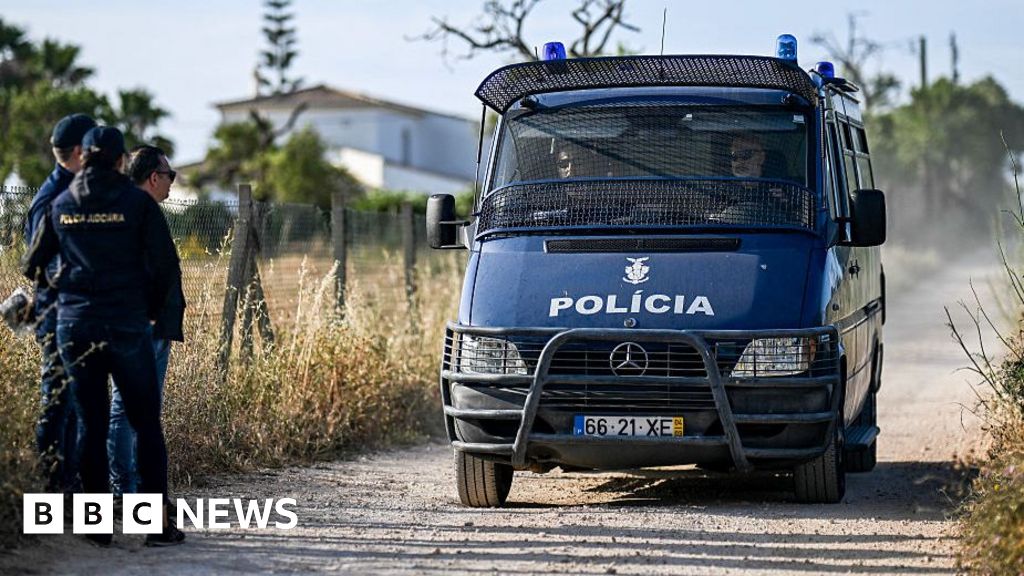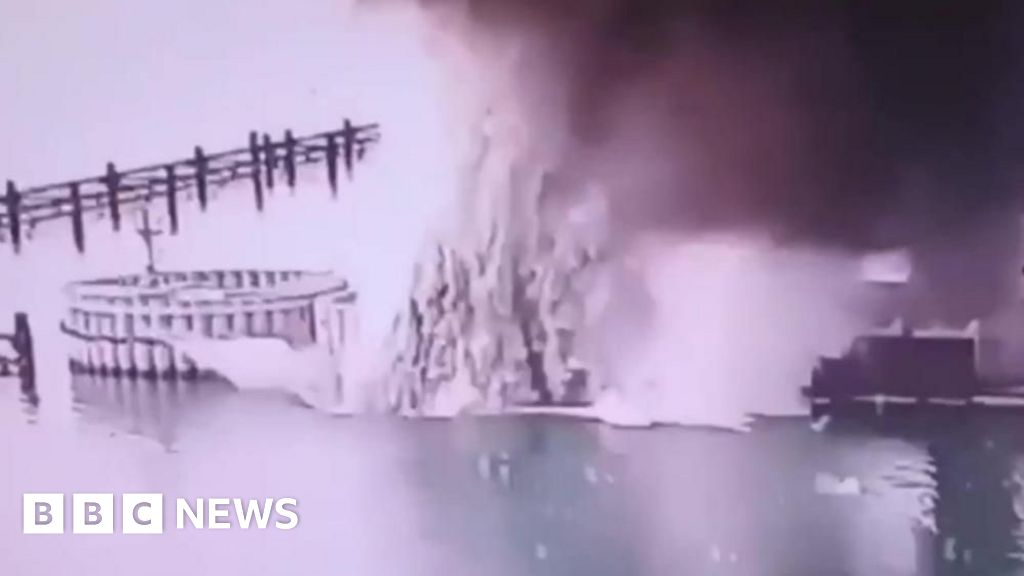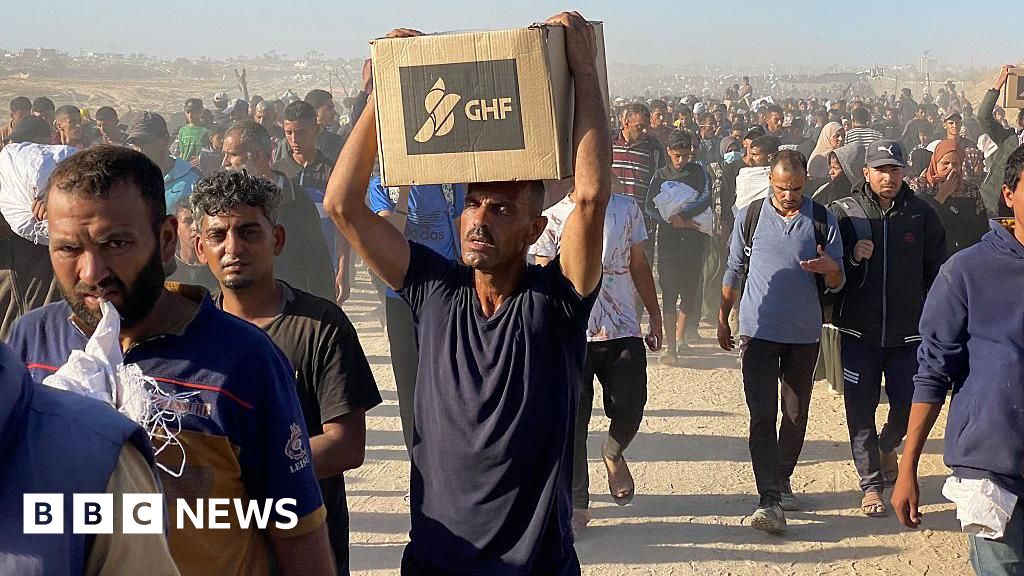ARTICLE AD BOX
By Geeta Pandey
BBC News, Delhi
image sourceGetty Images
image captionThe 24-year-old woman's horrific death has again drawn attention to how India treats womenThe death of a 24-year-old Indian woman, who had set herself on fire last week after alleging harassment by police and judiciary at the behest of an MP she had accused of rape, has once again put the spotlight on the shameful treatment of women in India.
The woman and a male friend did a Facebook live on 16 August before sprinkling petrol on themselves and lighting the fire. They were taken to hospital with severe burns. The man died on Saturday. The woman succumbed on Tuesday evening.
The duo had travelled from the northern state of Uttar Pradesh to the capital, Delhi. Their desperate act, outside India's Supreme Court, to attract attention to their plight has stunned the country.
The woman had accused Atul Rai, an MP from the regional Bahujan Samaj Party (BSP), of raping her at his home in Varanasi city and registered a police complaint against him in May 2019.
Mr Rai, who denies the accusation, was arrested a month later and has been in jail for the past two years.
Last November, his brother registered a police complaint accusing the woman of forgery. She had called the accusation "false" but earlier this month, a court issued a non-bailable arrest warrant against her.
In the video recording of the Facebook live, the young woman is seen accusing the MP of using his influence to harass her.
She and her friend name several police officials and even a judge, accusing them of colluding with Mr Rai.
"We have reached the destination they wanted us at. They made efforts for the past year and a half to push us to this point," she says.
"The authorities have been forcing us since November 2020 to die. We want all of you, the citizens of Uttar Pradesh and the country, to hear this," her friend says.
"The step we are going to take is painful and frightening. We are also a little scared, but this fear is meaningless," he adds, minutes before they self-immolate.
image sourceAbhishek Mathur/BBC
image captionLast year, the authorities were criticised for the way they handled the alleged gang-rape and murder of a 19-year-old Dalit (formerly untouchable) womanState authorities said they had suspended two officers and were investigating the incident.
Watching the video is hard - there are times when her voice breaks or he chokes and their desperation is heartbreaking.
Rape and sexual crimes have been in the spotlight in India since December 2012 when a 23-year-old woman was gang-raped by six men on a bus in Delhi. She died a few days later from her injuries.
The incident led to global outrage and forced India to introduce tough new laws to deal with crimes of sexual nature. Five men were given the death penalty and four of them were executed last year.
But despite the increased scrutiny, there has been no let up in the number of sexual crimes against women. In 2018, police recorded 33,977 cases of rape in India - that's an average of a rape every 15 minutes. Campaigners say the actual numbers are much higher as many are not even reported.
Activists say the shoddy implementation of laws, especially in cases where the accused are influential men with money or political power, mean many victims fail to find justice.
And nowhere is this more visible than in Uttar Pradesh, one of India's most backward states with a population larger than Brazil.
The horrific self-immolation by the 24-year-old woman is not the first the first time that a woman from the state, accusing an influential man of rape, had to take such a drastic step to be taken seriously by the authorities.
In 2018, another woman had tried to set herself on fire after police failed to take action on her rape complaint against Kuldeep Sengar, a lawmaker from the governing Bharatiya Janata Party (BJP).
image sourceGetty Images
image captionSexual violence against women has been a focus in India in recent yearsFor months after her complaint, Sengar remained in the BJP and continued to wield immense influence in the area. She alleged that police had colluded with him and arrested her father who then died in custody.
It was only after her attempt to set herself on fire that her case was transferred out of Uttar Pradesh and in 2019, a court in Delhi found the former lawmaker guilty and sentenced him to life in jail.
In another incident, a woman was set on fire while she was on her way to testify against her alleged rapists. She sustained 90% burns and died in hospital three days later.
Last year too, state authorities were condemned for the way they responded to the alleged gang-rape and murder of a 19-year-old Dalit (formerly untouchable) woman by four upper-caste men.
Her story caused global outrage after her family complained that authorities had forcibly cremated her body without their consent.
Activists say if India is serious about curbing sexual violence, the perpetrators, however powerful, must be punished.
Additional reporting by Samiratmaj Mishra, BBC Hindi

 3 years ago
121
3 years ago
121








 English (US) ·
English (US) ·